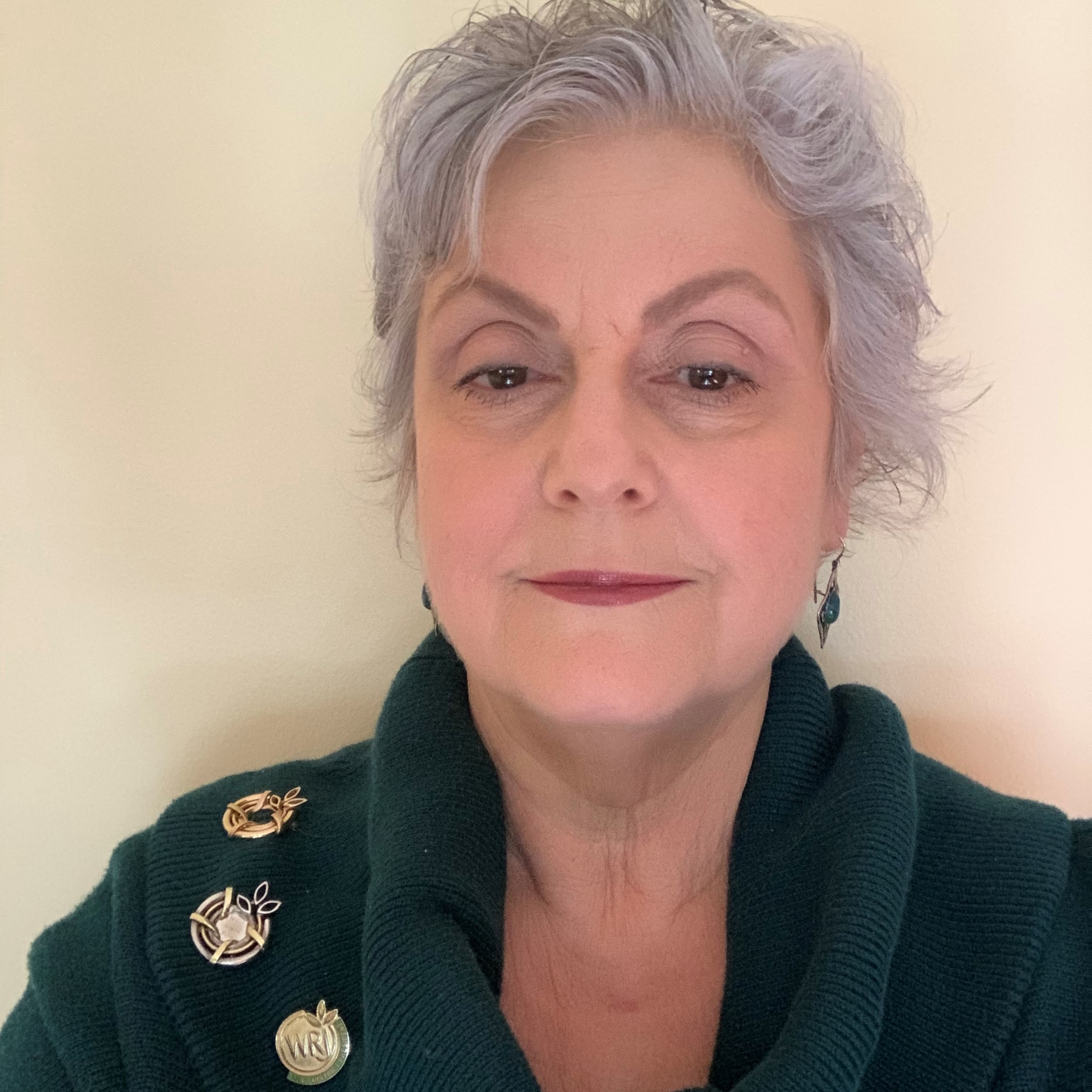“On the first day of the second month, in the second year following the exodus from the land of Egypt, Adonai spoke to Moses in the wilderness of Sinai, in the Tent of Meeting, saying, “Take a census of the whole Israelite company [of fighters] by the clans of its ancestral houses, listing the names of every male, head by head.” (Numbers 1:1 – 2) God commanded that Moses count those at least twenty years old and up and who are able to bear arms. Who is not counted? Women, children, the aged, the infirm, and the Levites. As God commanded, Moses did and in our text, the numbers are recorded in this portion, rounded to the nearest hundred.
The Levites are counted separately and are put in charge of the Tabernacle. Male children are also counted separately. Women, children, the aged, and the infirm are not counted.
God decrees the placement of the tribes relative to each other in camp and the order in which they will march, with the Levites and the tabernacle in the middle, both camping and marching.
Thus, a patriarchal hierarchy is established and the people of Israel begin to organize themselves as a nation. They will march through the desert, camping every night, in the formations described in our text for forty years.
Organized Judaism remained a patriarchal hierarchy until modern times. In 1913, a group of women met to establish the National Federation of Temple Sisterhoods, now known as Women of Reform Judaism. In 2015, Women of Reform Judaism adopted the following mission statement:
WRJ strengthens the voice of women worldwide and empowers them to create caring communities, nurture congregations, cultivate personal and spiritual growth, and advocate for and promote progressive Jewish values.
In other words, WRJ helps the women of our movement count by facilitating their leadership and spiritual growth. Historically, our women have led the formation of congregations and have often provided the vision, leadership, and work necessary for our communities to thrive. We look beyond our own backyards to see those who are not counted, and we advocate for social good.
There are many resources available for WRJ members to strengthen our voices. Some of the most important are:
- Yammer is a virtual community for WRJ – it is a forum for discussions, a library of resources and a platform for collaboration.
- WRJ.org also has many resources and lots of information about upcoming WRJ events.
- Each of our eight districts has its own website full of information about events and resources close to home.
- WRJ North America and WRJ District and area events are wonderful arenas to meet like-minded women, share stories, enhance skill sets. There are always wonderful creative worship and study opportunities to be enjoyed.
Later this year, each district will be holding a convention. Attendees will have opportunities to build friendships with other women within their region and continue their own growth as WRJ leaders during several days of learning, connecting, worshipping, and decision-making. These women will make themselves count and their sisterhoods blossom. Information about these conventions and registration materials will be posted and distributed in the next few months. Please take a moment, go to WRJ.org to find the date and location of your district’s convention and save the dates and go to be counted.
Liz McOsker is a member-at-large of WRJ’s Executive Committee and has previously served as WRJ’s Secretary. Liz is a previous chair of the WRJ Israel Mission and a member of the WRJ Individual Membership Task Force. She is a member of Isaac M. Wise Temple Sisterhood in Cincinnati, OH.
Related Posts

Parashat Yom Rishon shel Rosh HaShanah

Cultivating a Culture of Accountability and Belonging


